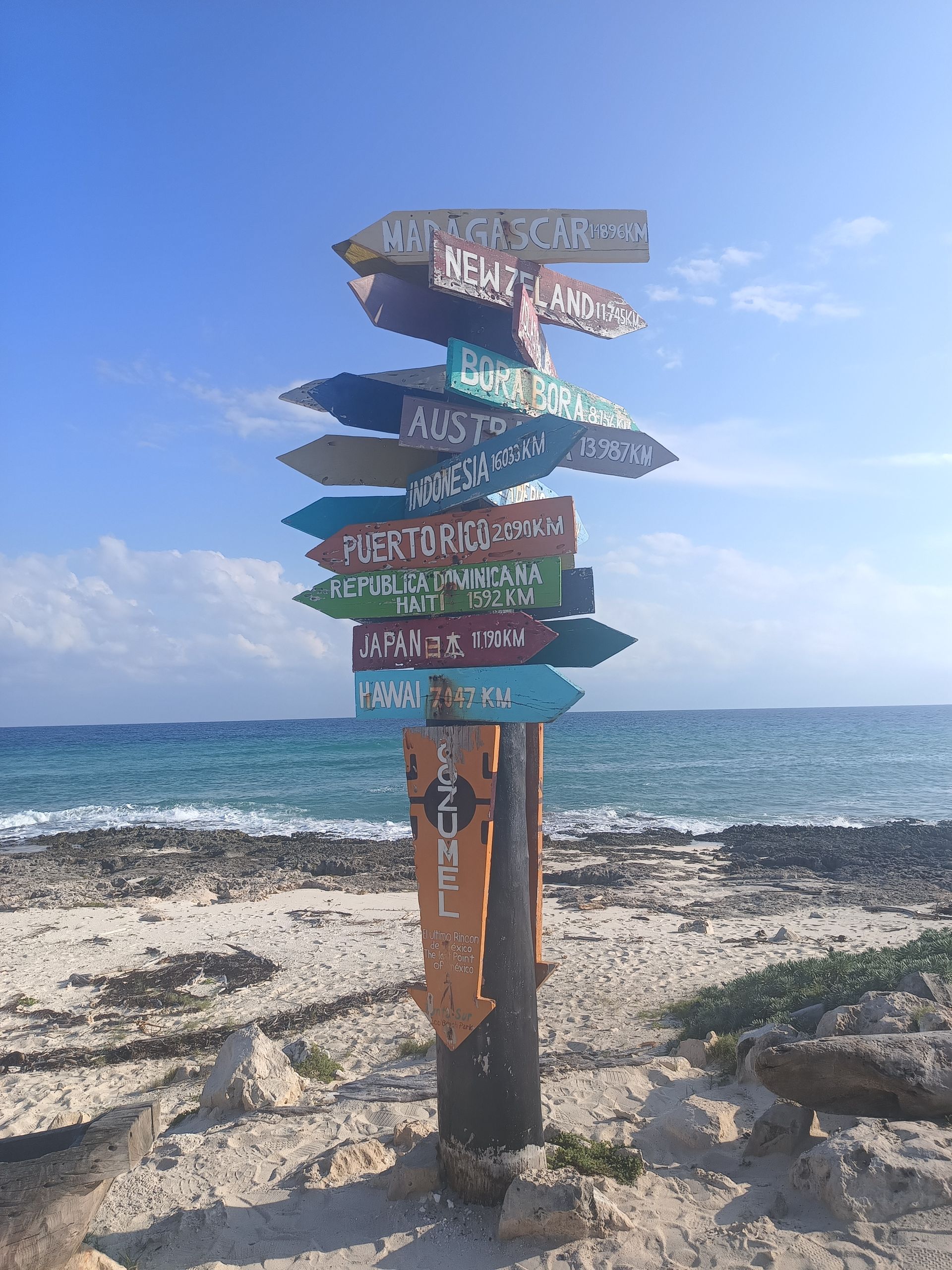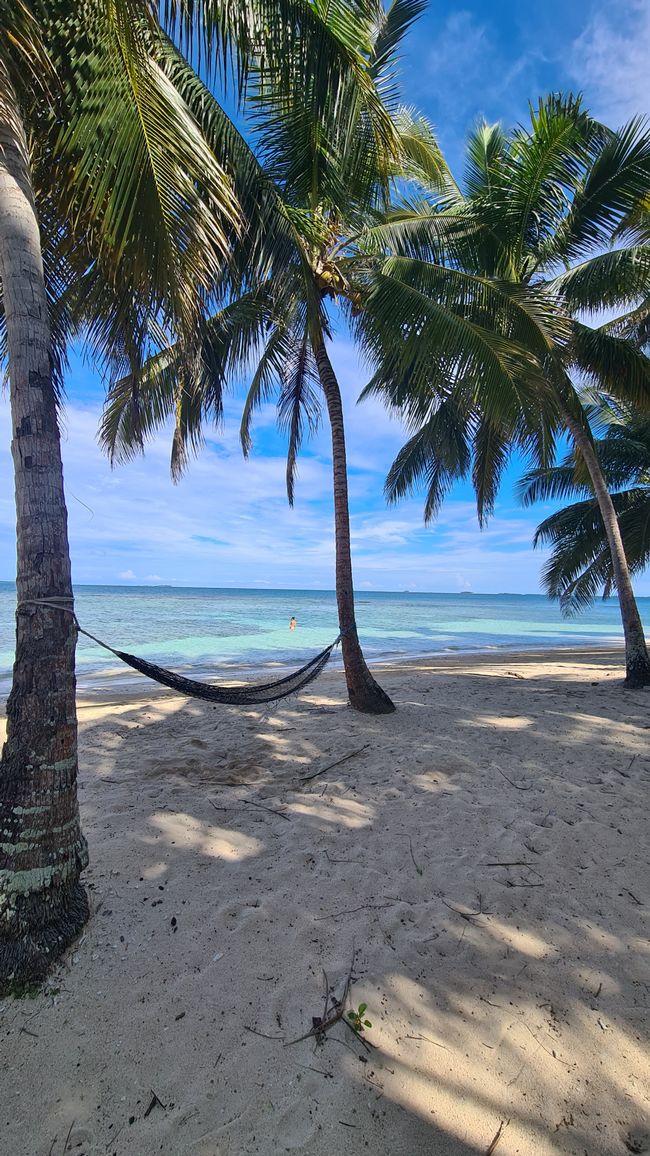San Blas Islands - A paradise on earth 🏝️🌞
Објављено: 20.11.2023
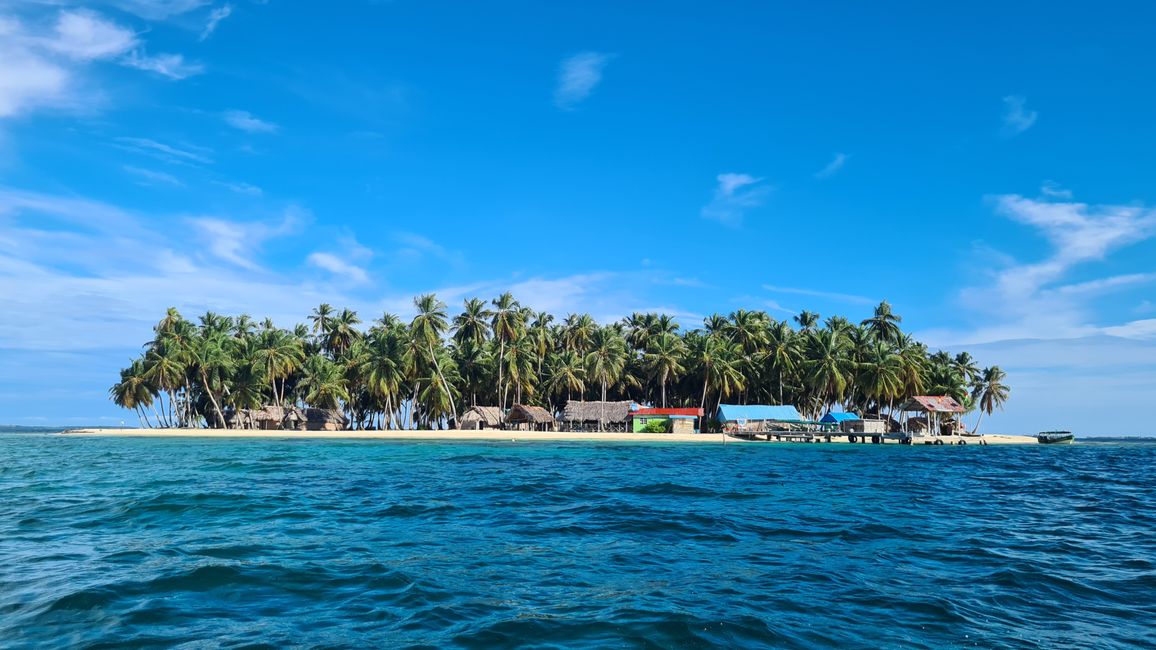
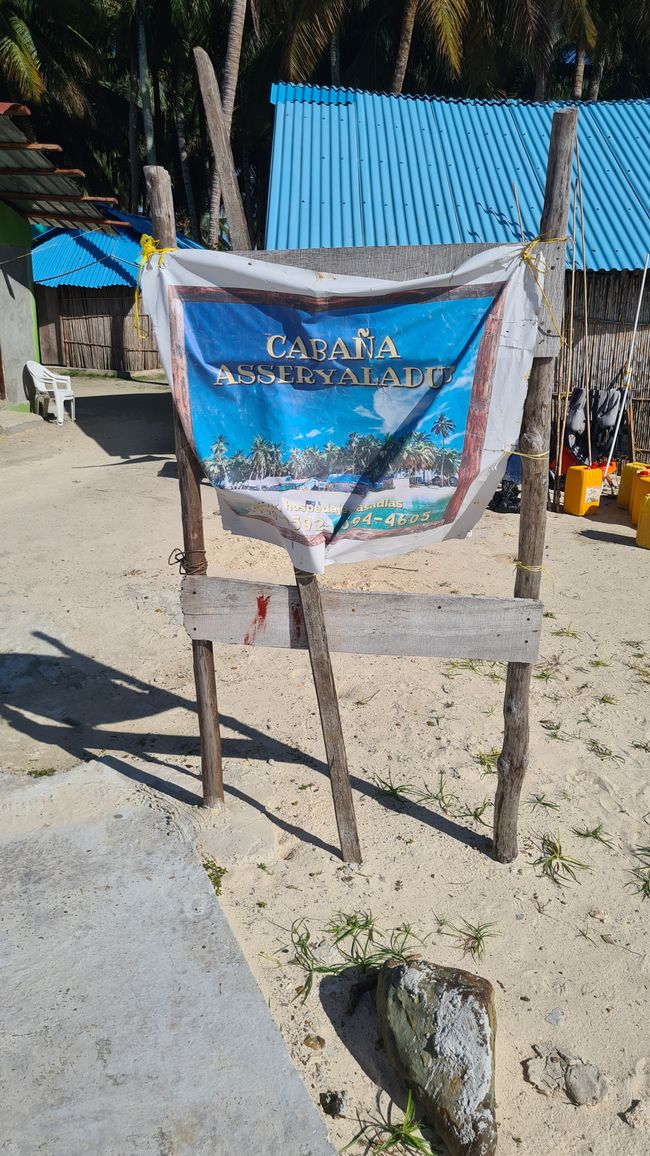
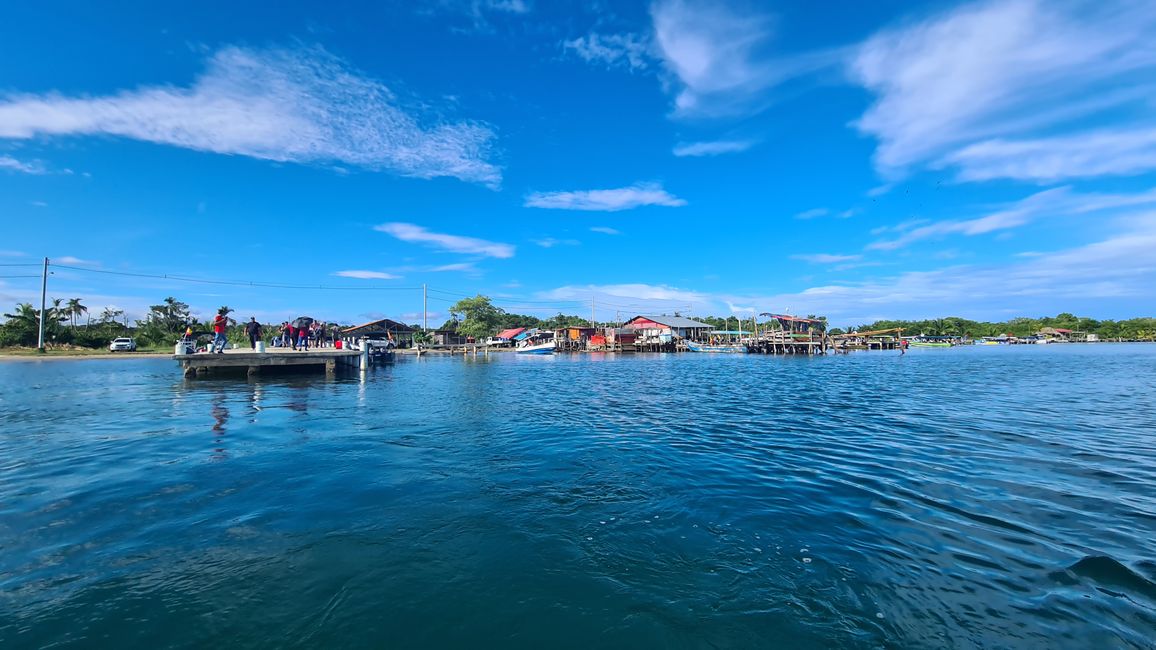
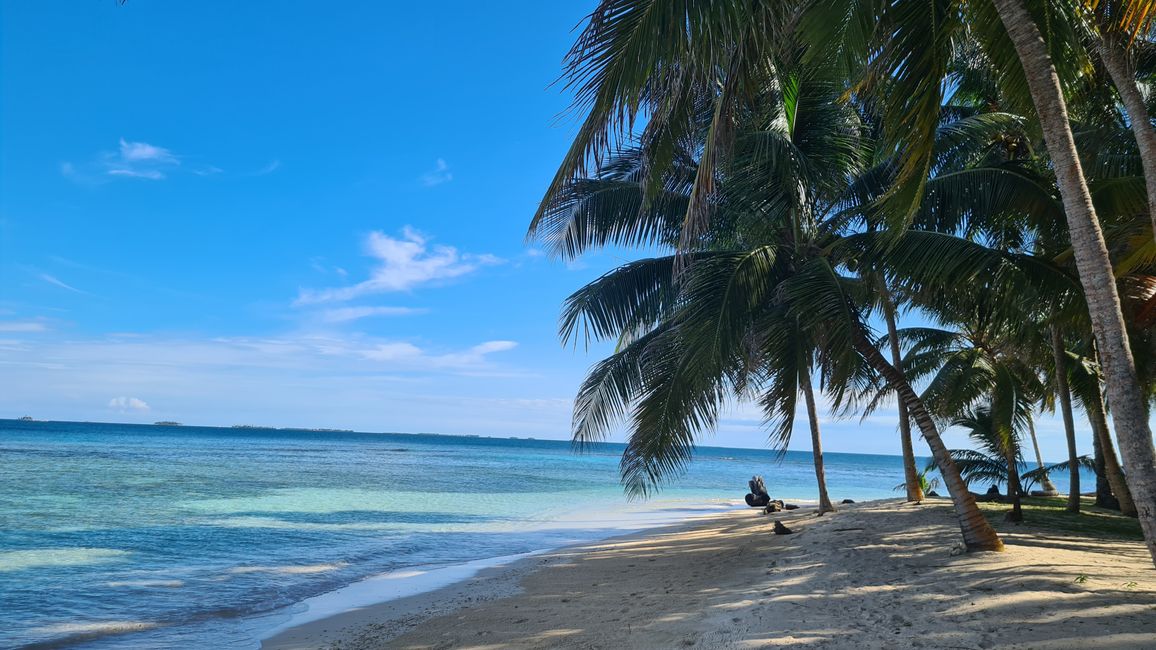
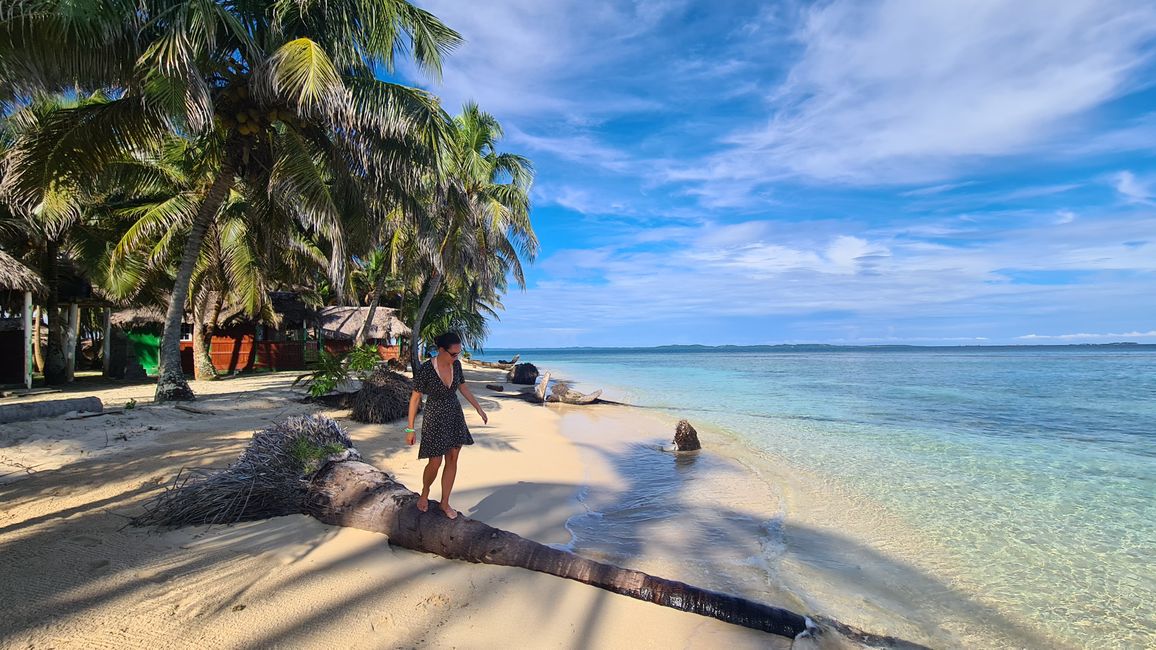
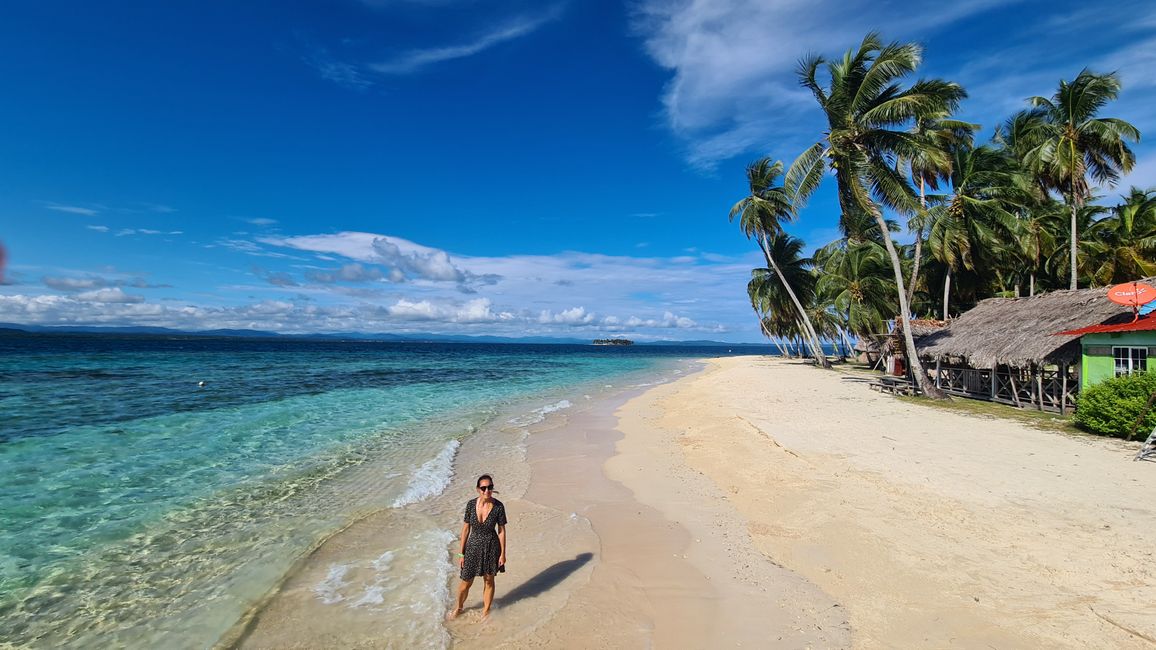
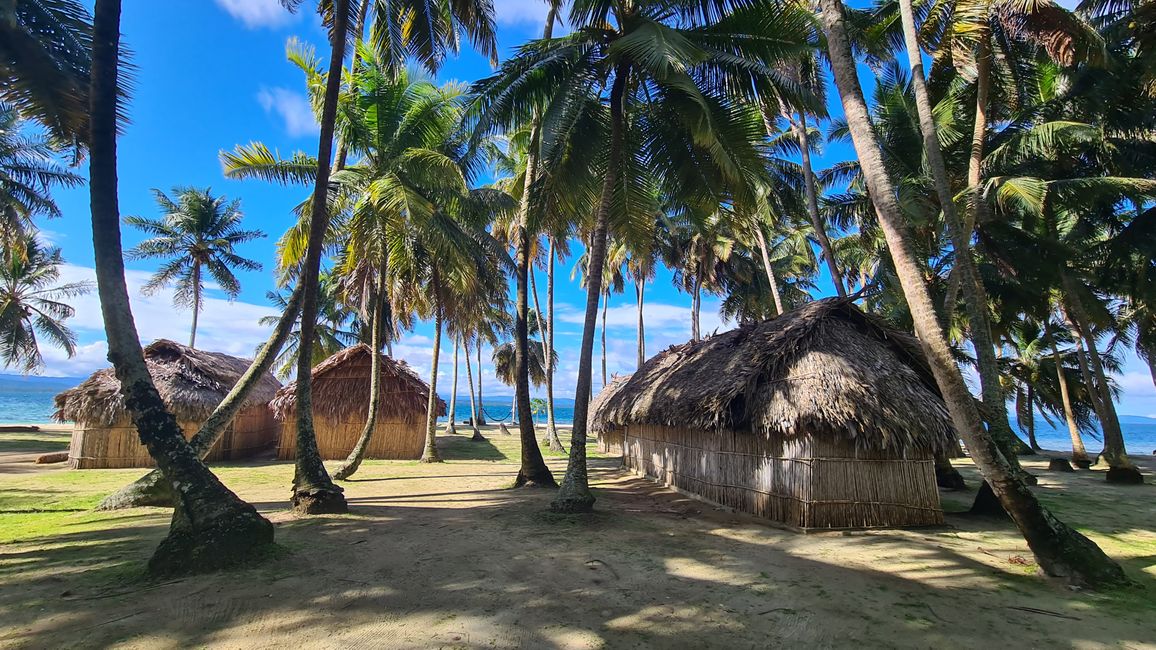
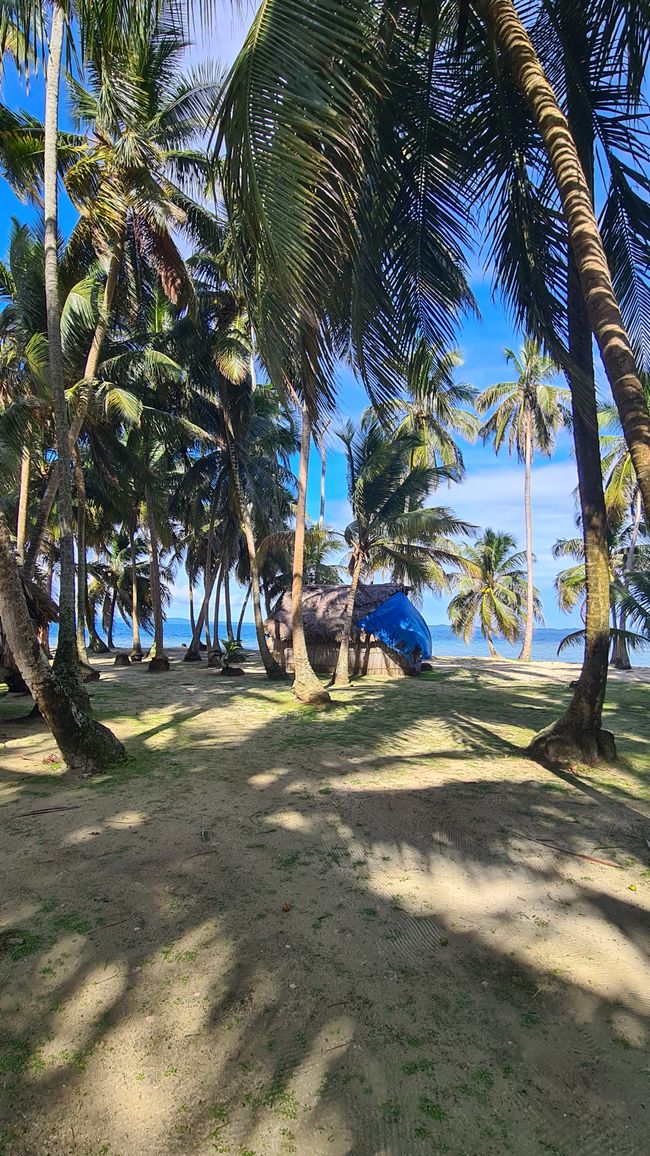
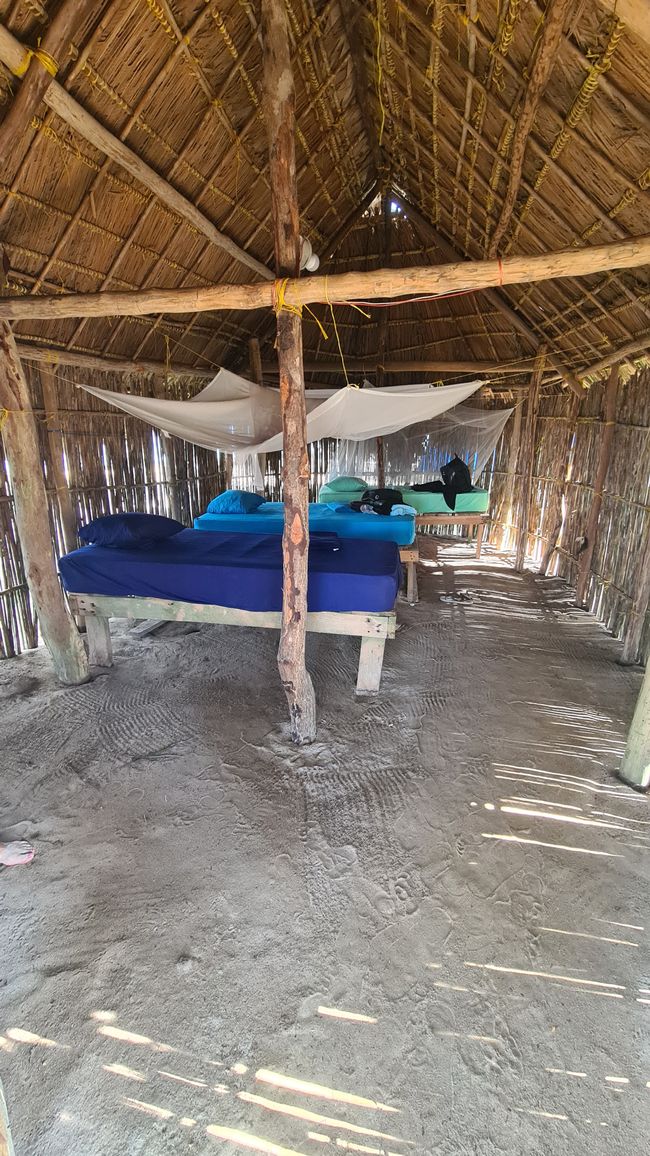
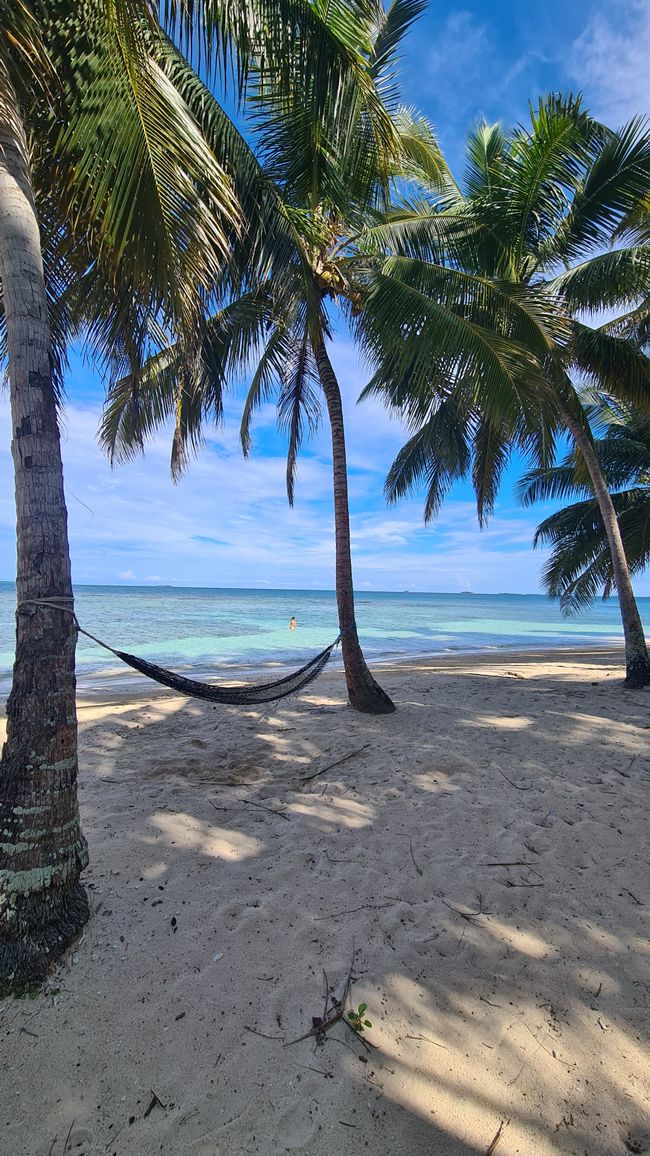
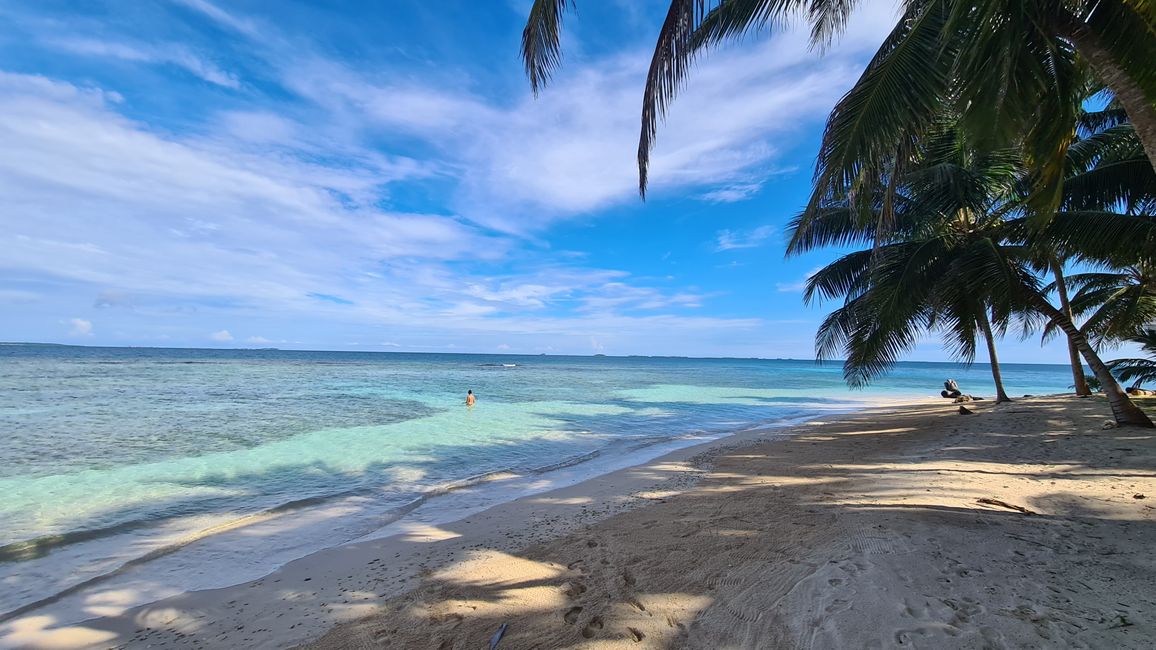
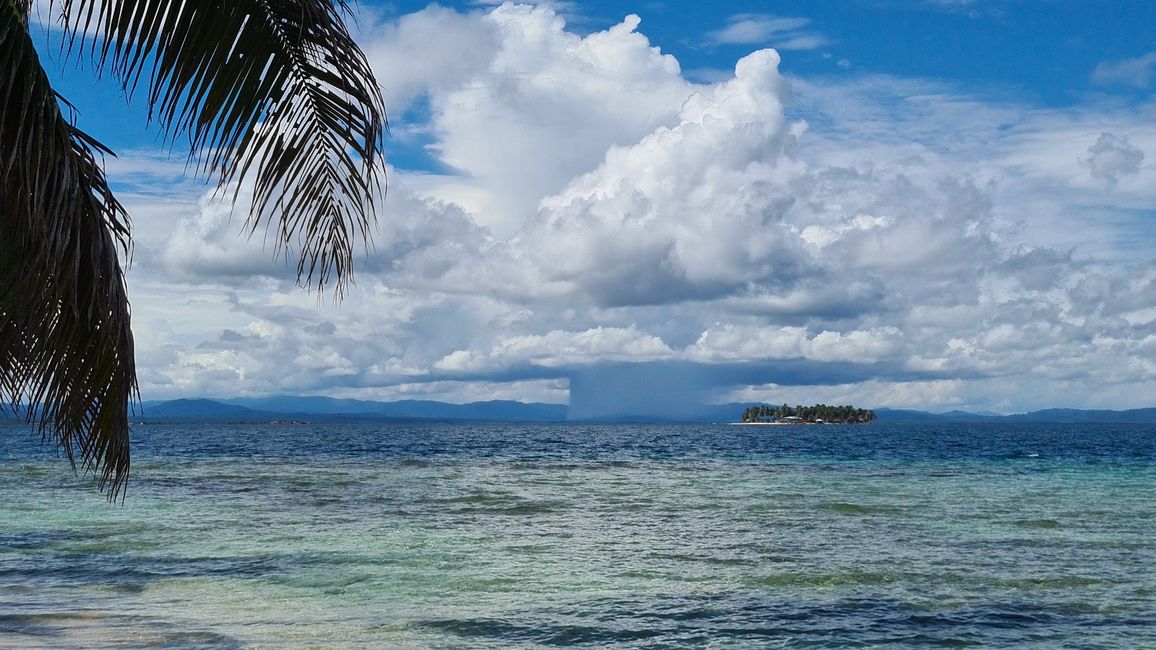
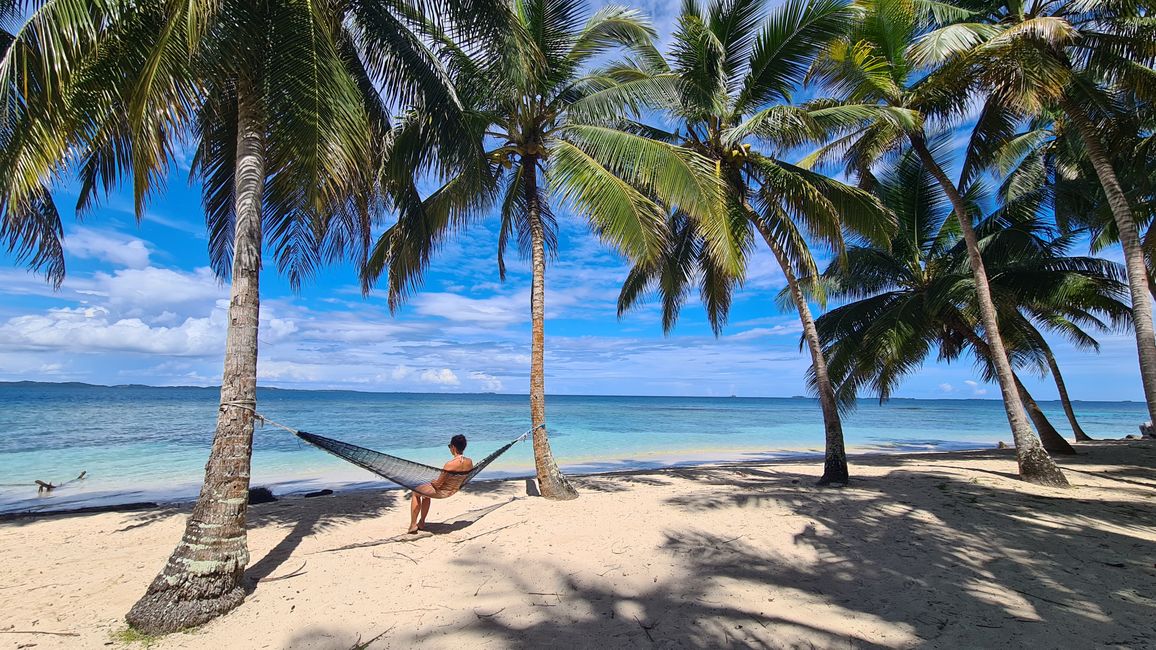
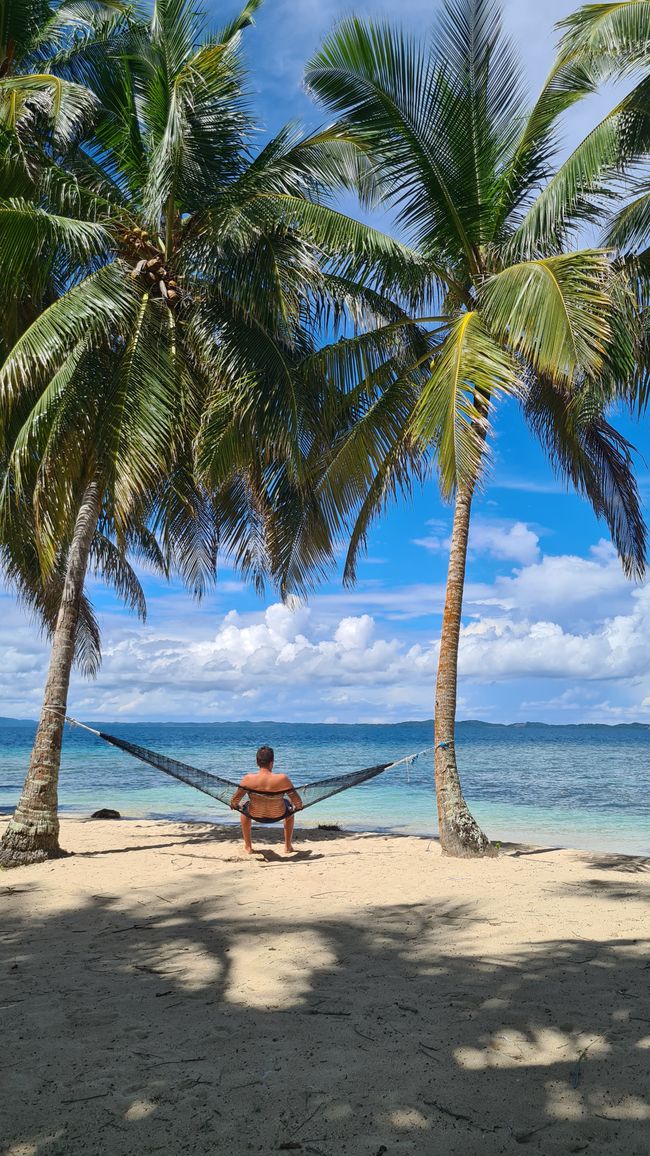
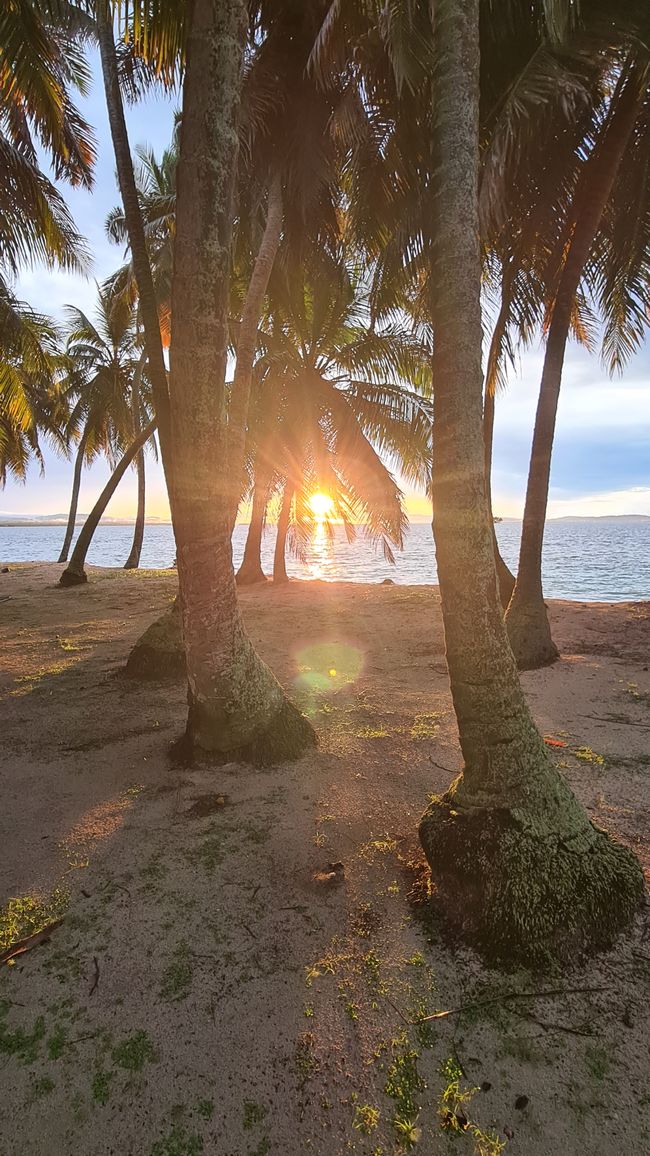
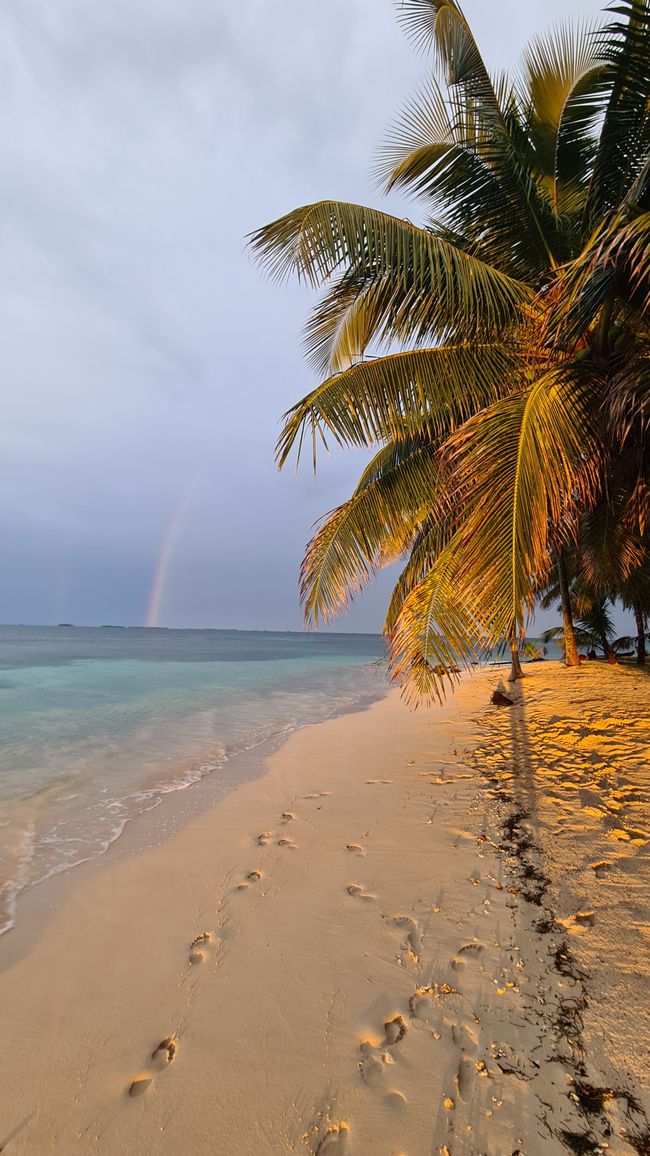
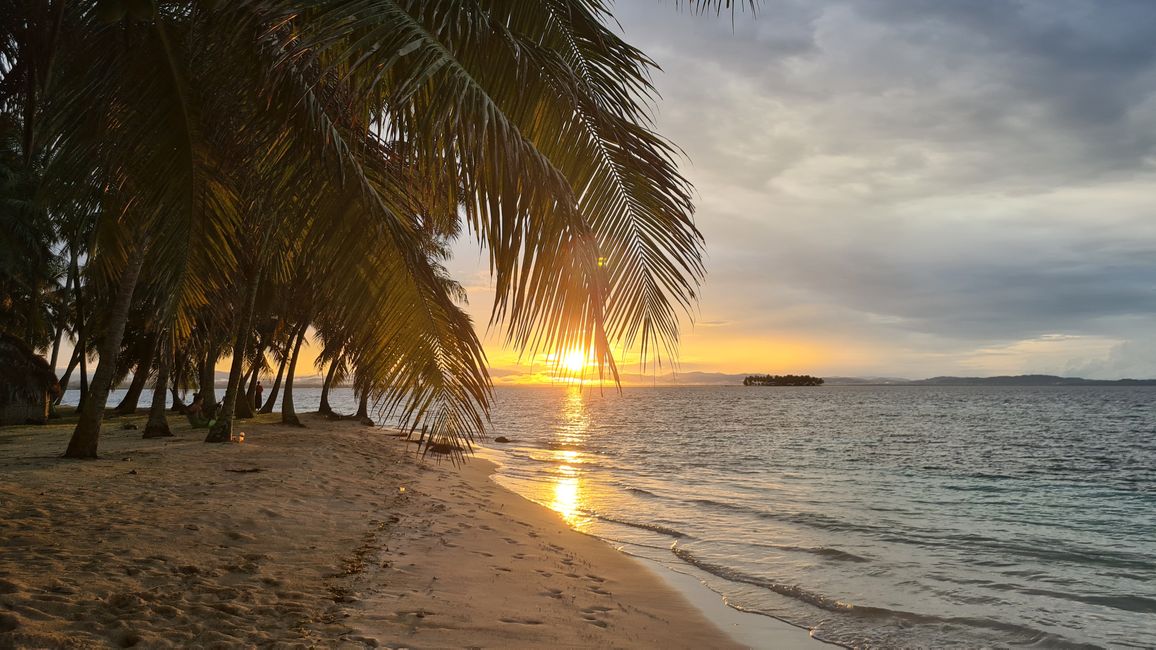
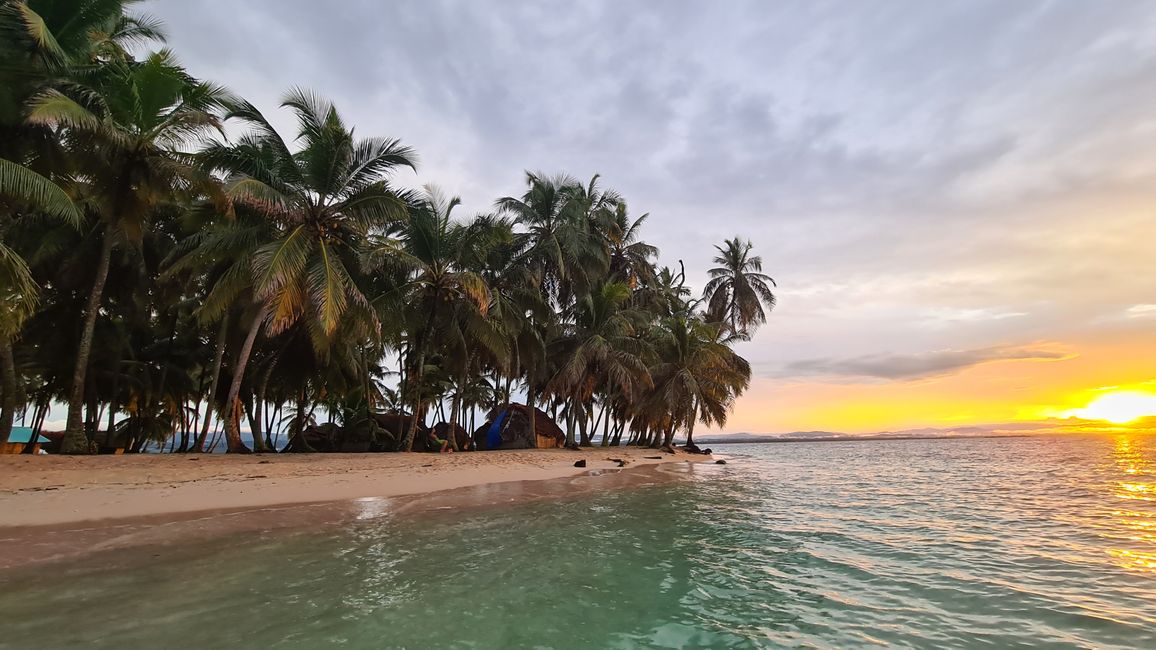
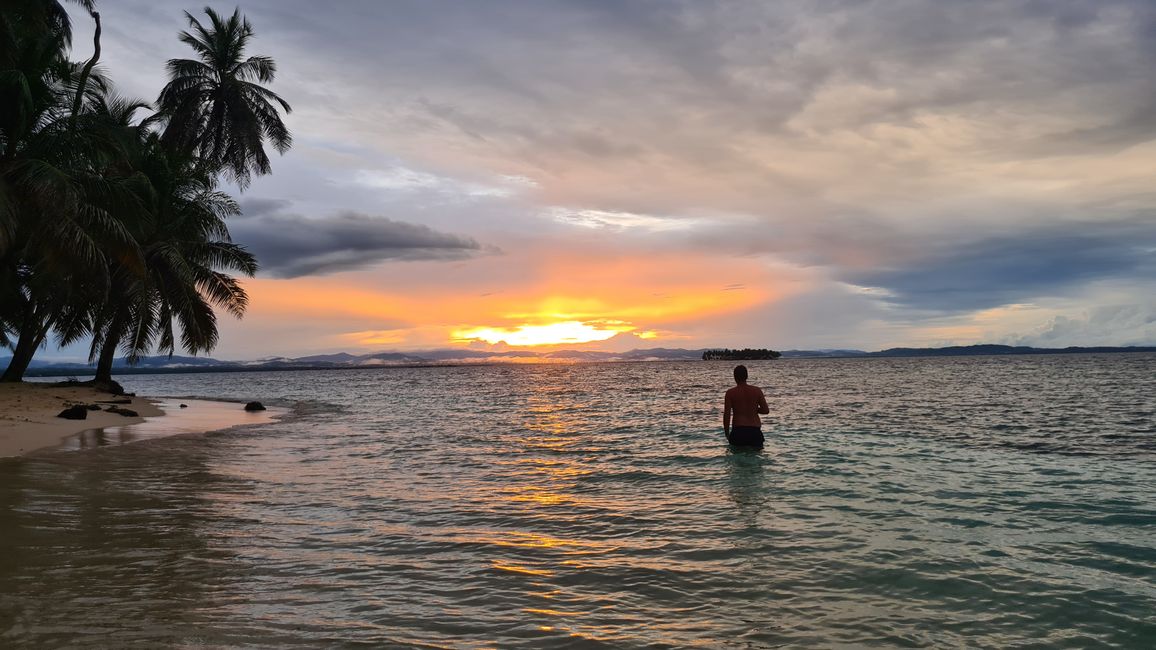
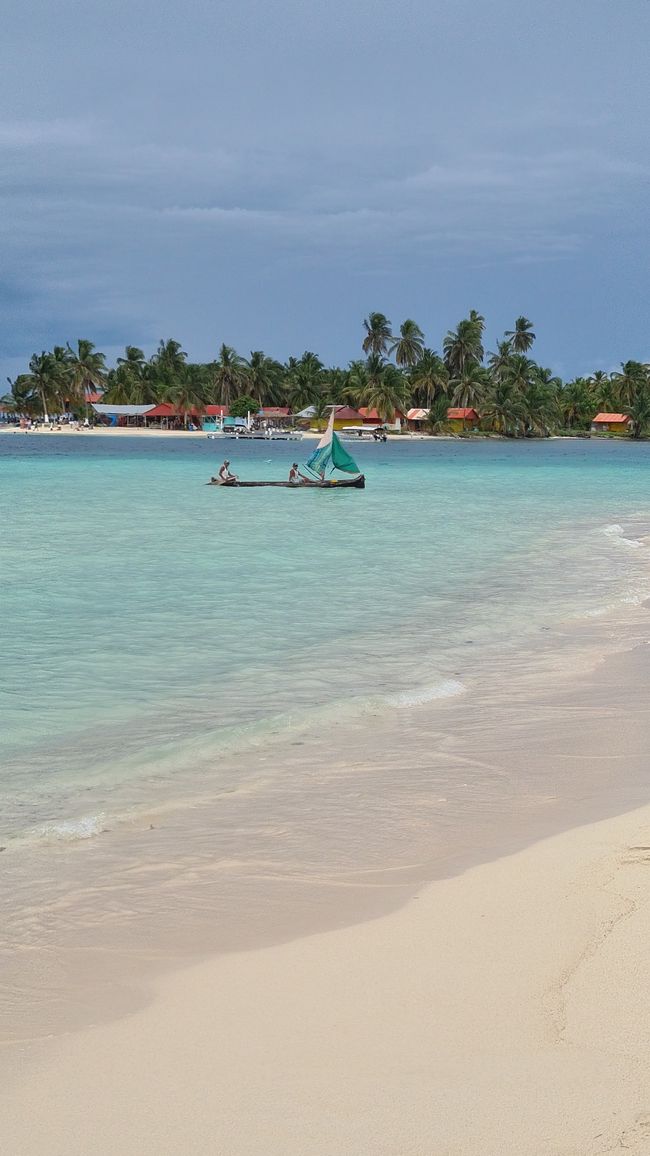
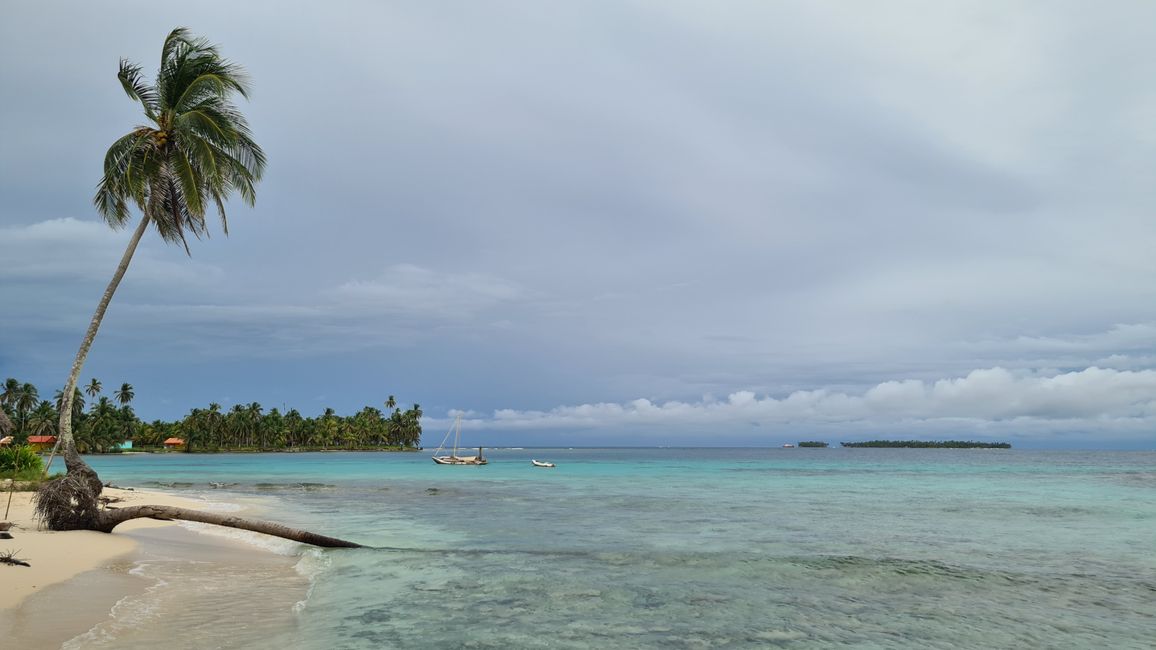
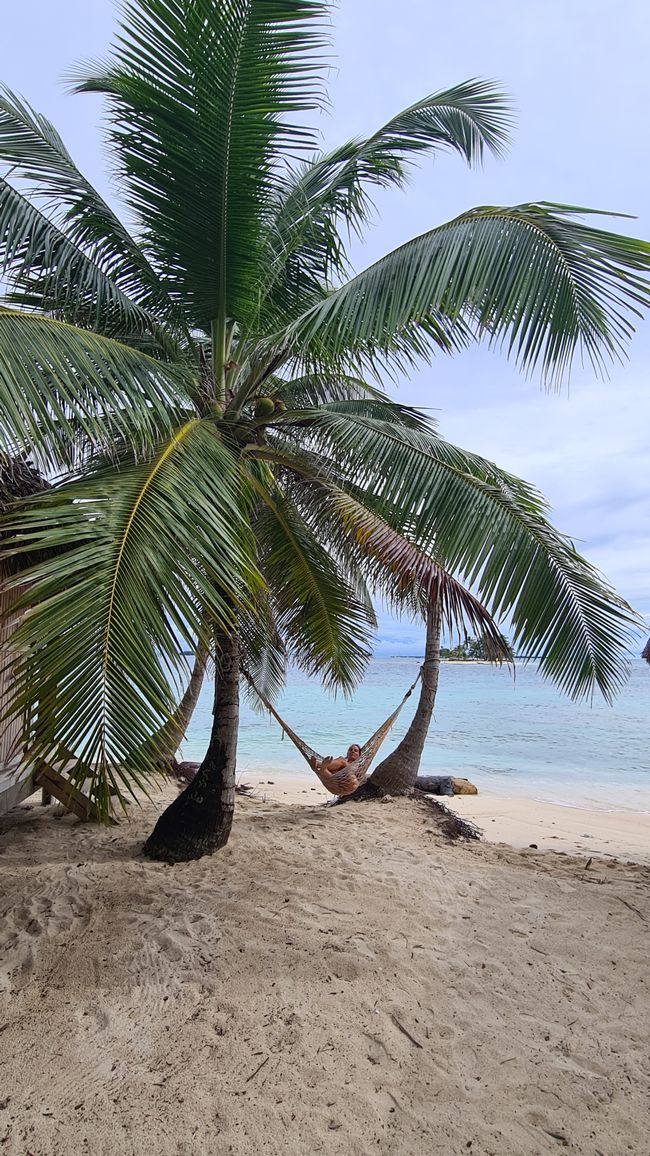
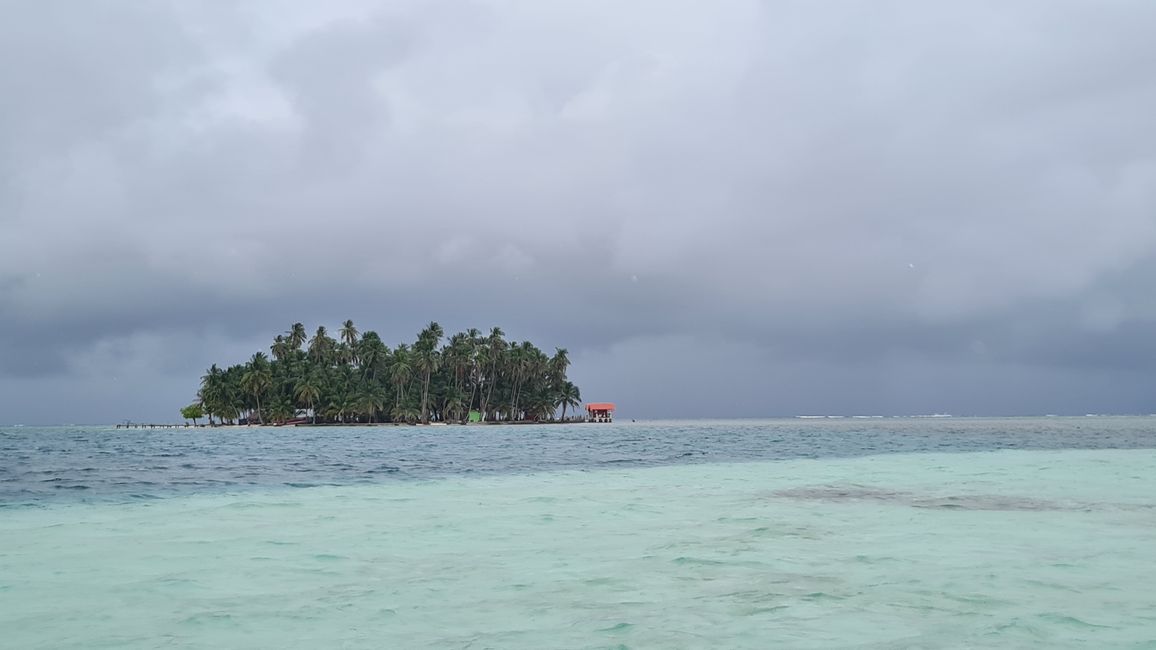
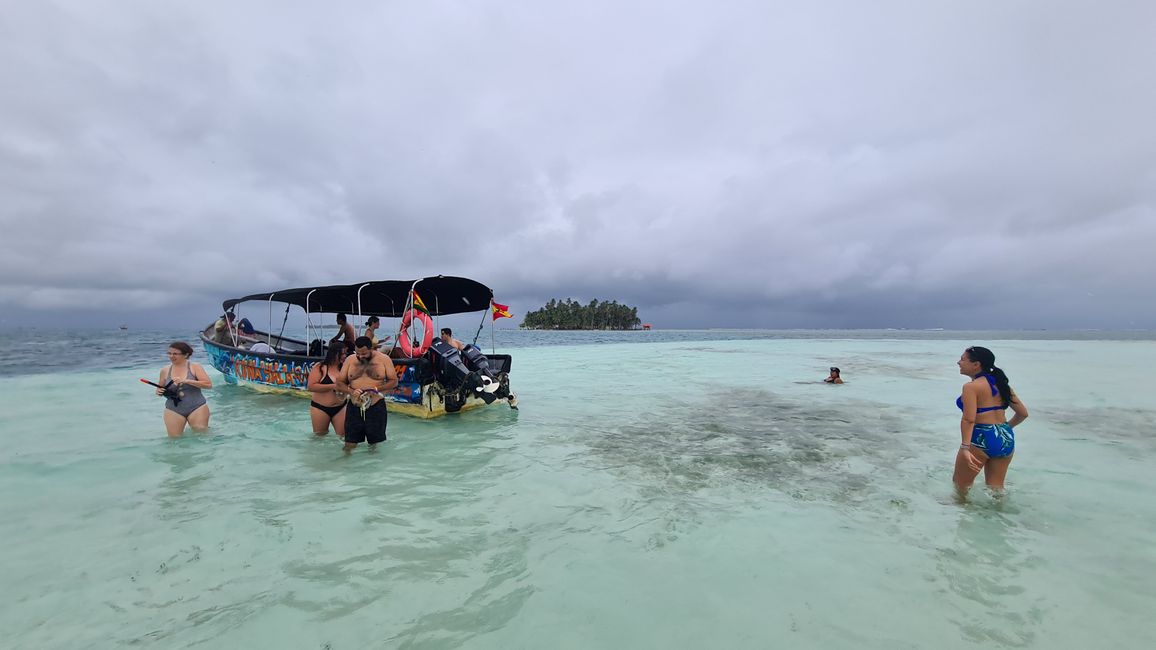
Пријавите се на билтен
The tour started at 5 a.m. towards the San Blas Islands. A 3 hour drive lies ahead of us, partly through very bumpy roads. We arrived safely at a very small port. From there we continued to our island, “Isla Anzuelo”. When we arrive there we are greeted by the Guna, who show us the hut where we sleep. The Kunas are natives of Panama who live on around 50 of the approximately 356 islands of the Archipiélago de San Blas.
Today we can chill on the island and enjoy the time. We did that too, we bathed in the (very) warm sea, relaxed in the hammock, circled the island a few times and let the sun shine on us. For lunch there was traditional Kuna food: fish with patacones (fried bananas). Apart from us, there was only a 5-member Colombian family on the island and of course the Kunas who lived there. So it's almost our own private island, unimaginably beautiful 😍 On the San Blas Islands everything is still so original and simple, if you're looking for luxury you're in the wrong place here. There is no hot water and electricity only at certain times, no WiFi and the cabins are simply furnished. Spending the night is an experience, right under the palm trees, with the sound of the sea all around, a unique feeling.
The next morning after breakfast we went on to a slightly larger island, there was noticeably more hustle and bustle here, which was mainly due to the day tourists. We were lucky that there wasn't one on our island 😌 We had time to snorkel, there was a lot to see, especially at a ship's tail that was right on the beach, the San Blas Islands have a beautiful, diverse underwater world with lots of colorful fish and corals 🐠🐟🐡🦑🪼.
The next stop we made was on a natural sandbank (natural pool) in the middle of the sea.
Afterwards we went back to our hotel by boat and then jeep. We could have easily spent a few more days on the San Blas Islands 🙃 and think it is a must on a Panama vacation to visit this paradise. We also hope that the San Blas Islands maintain their simplicity and beauty and are not destroyed by masses of tourists. The number of tourists is currently limited to 100,000 annually
Пријавите се на билтен
Одговор
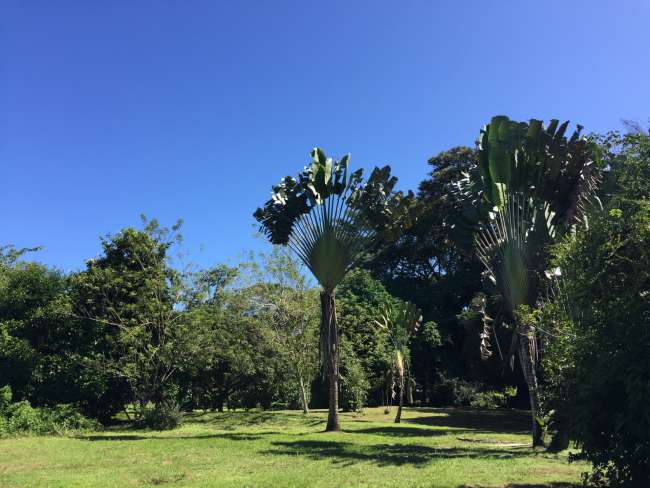
Извештаји о путовањима Панама
